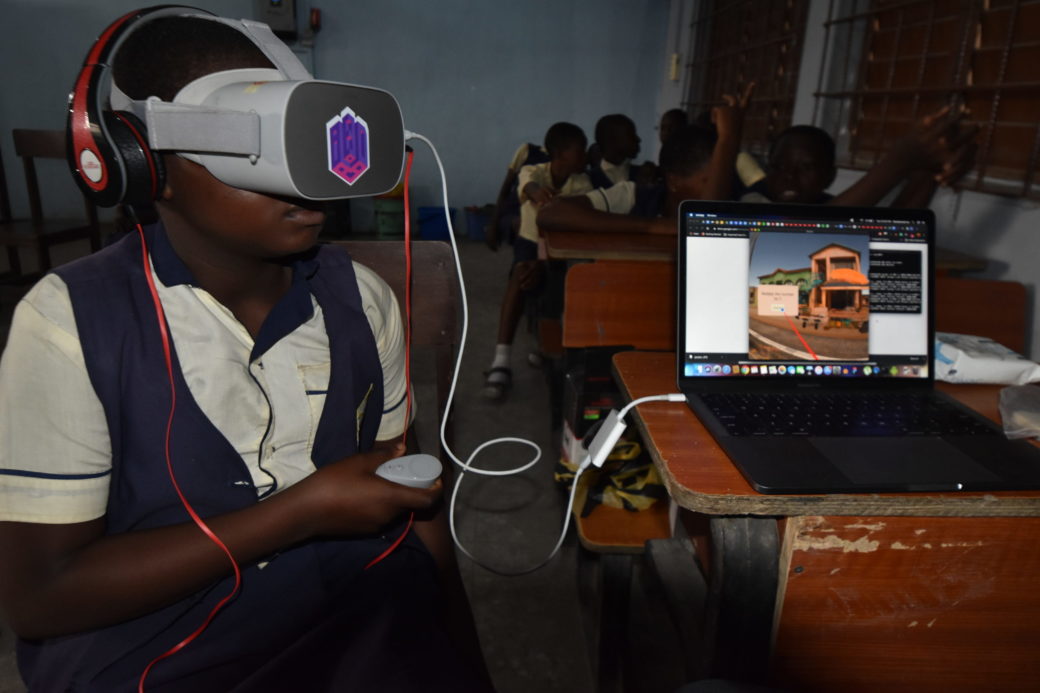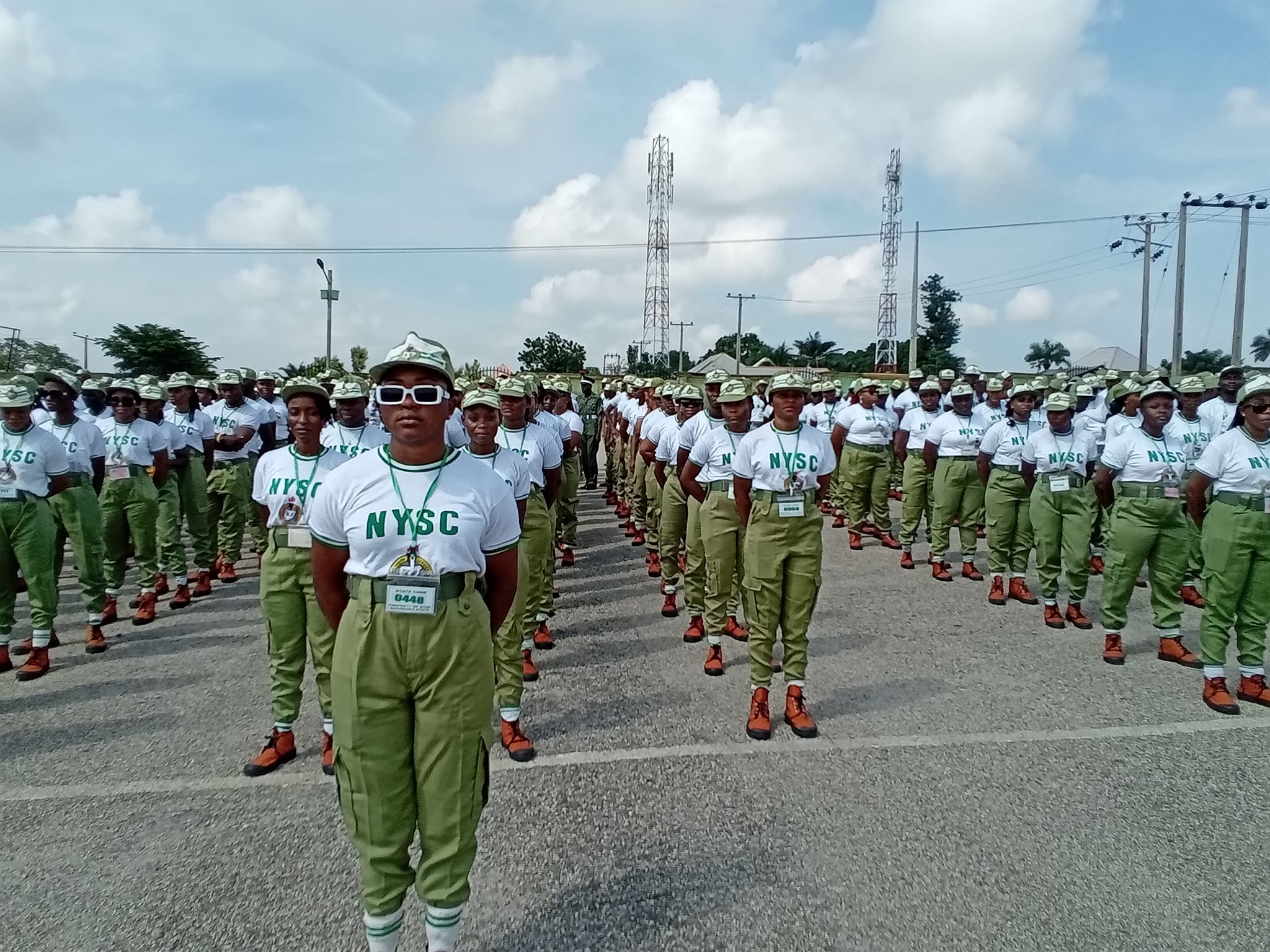Certification or creativity, which is of higher value to the Nigerian student?
Anyone with the typical Nigerian school experience would say classrooms are optimized for certification above all else. Beyond permitting music, arts and debates clubs, not a lot is designed to boost creative potential.
But while many millennials winged through the drudgery and made something out of themselves, the changing nature of work demands a conscious creativity-driven educational paradigm for Nigeria’s smartphone generation.
“A future with AI is not only going to affect the job market. It will transform how and why we educate children and young people.” That’s according to a recent report by Oxford Insights, titled Ensuring Inclusive Secondary Education in an AI Age. Similarly, the World Economic Forum’s 2017 report on the future of jobs and skills in Africa says “education and work in Sub-Saharan Africa will determine the livelihoods of nearly a billion people in the region and drive growth and development for generations to come.”
Oxford Insights recommends that secondary school curriculum (in the UK) must “deliberately develop qualities of collaboration, creativity and critical thinking in all learners.” The question becomes: what medium brings together these capacities for “collaboration, creativity and critical thinking” in ways that appeal to the student in 2019? A hypothetical example could help bring an answer.
Tech, the efficient welder
Imagine a class of fifty JSS 3 students, where everyone’s device is connected to a network. Bunmi, the English teacher, gives classwork requiring each student to write a short personal essay from different novels. From her device, Bunmi could randomly assign students to groups; in each group, students continue and complete their colleagues’ essays following the plot already established. Nobody needs to stand from their chairs and the simultaneous edits running online ensure lesson time is reasonably managed.
This is the reality at workplaces today. Using collaboration tools like Slack, Notion, Google docs and basic instant messenger apps, co-workers at different locations are able to combine efforts to achieve common goals.
In the same way, classrooms could be remodelled to centralize technology in the learning process. Technology provides the avenue for assessing students on their ability to work in teams, tapping into their creative energies to think up effective means of getting the finished product. Absence of physical touch adds the element of constrained optimization, leading them to develop effective communication and independent decision making skills.
The problem of scale
Driving education through technology is capital intensive; chromebooks are not cheap.
There are 1,752 public schools in Lagos state alone. The previous administration claimed to provide nearly one million pupils and students with free education, at the cost of N92.4 billion in 2017.
In 2020, Babajide Sanwo-Olu’s government plans to spend N48 billion on education and technology, about 4.1% of its proposed budget. “This represents a 60 per cent rise in capital allocation to the Ministry of Education,” according to the government. How far could this possibly go in bridging longtime education deficits in a rapidly changing world?
State governments will not do it alone, try as they may. Investments in education technology require commitments by the federal government to upgrade power and telecommunications infrastructure to global standards. With a national grid that collapses frequently and regulatory challenges that encumber innovation in internet access, all the best intentions by private and state education actors will be regularly undercut.
Emerging startups give hope
Africa is at a critical point in history. More than 60% of its population is under the age of 25. By 2030, it will be home to more than one-quarter of the world’s under-25 population. The rest of the world won’t wait for them if their governments let them fall behind.
A number of edtech initiatives are setting the foundation to move the needle in Nigeria. Last month, Co-creation hub launched a centre of excellence at the Tai Solarin University of Technology to spur education research. Augmented reality startup, Imisi 3D, has piloted the use of virtual reality in teaching mathematics this month. These are encouraging signs of more to come.
At TechCabal’s townhall on Edtech and the future of work, ecosystem builders will get into the financial and structural details of education technology promotion in Nigeria. Find out more about how you and your startup can participate here.




















